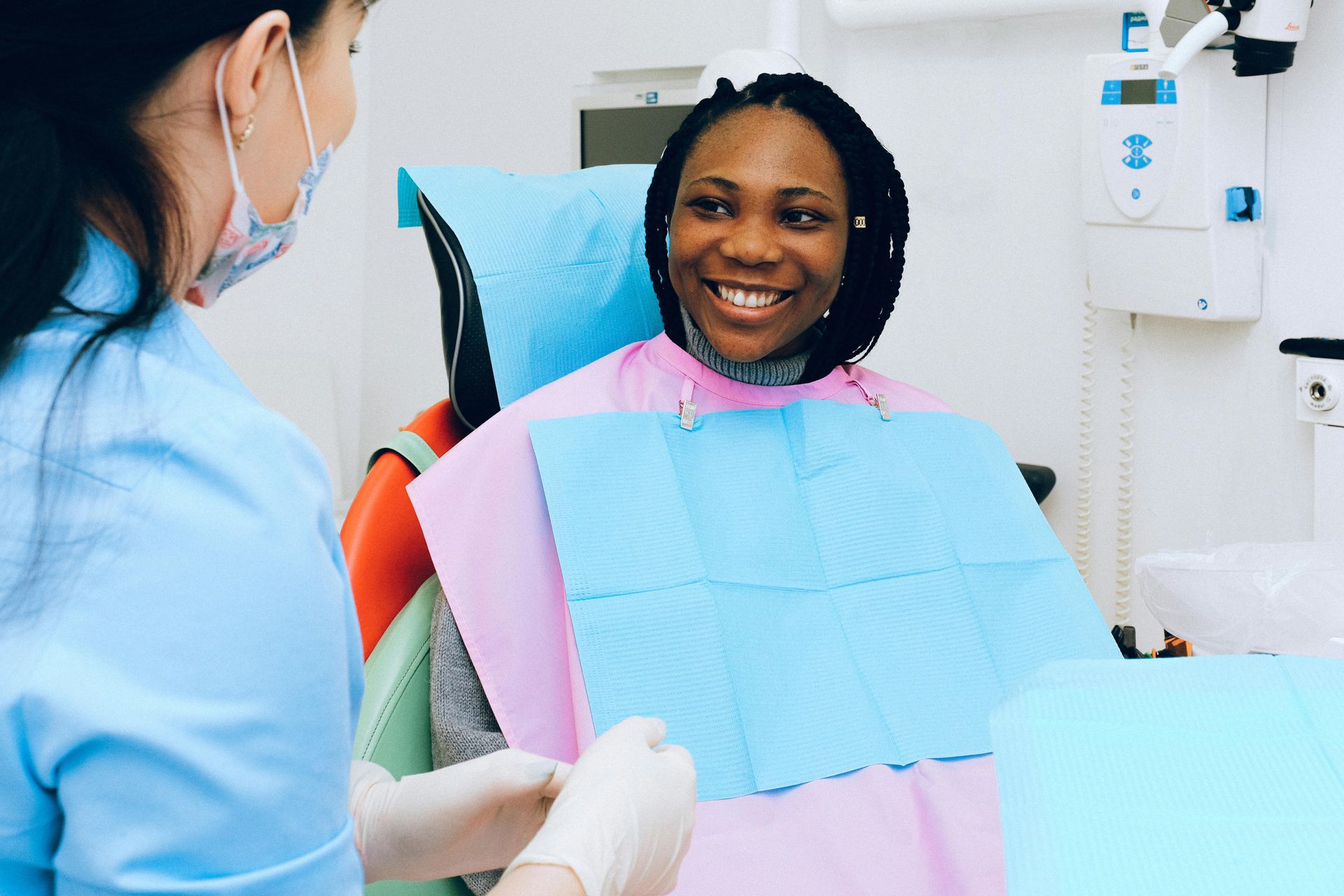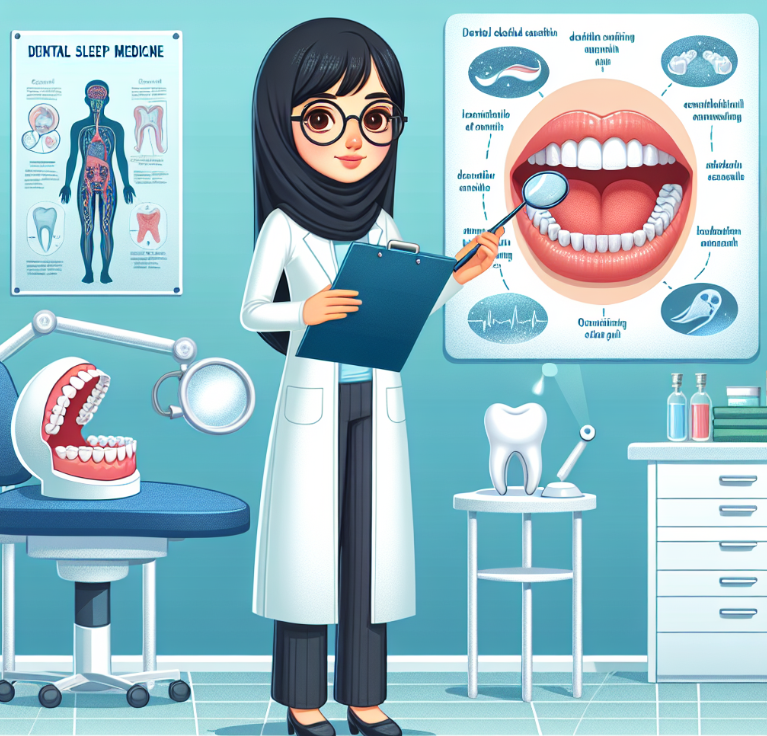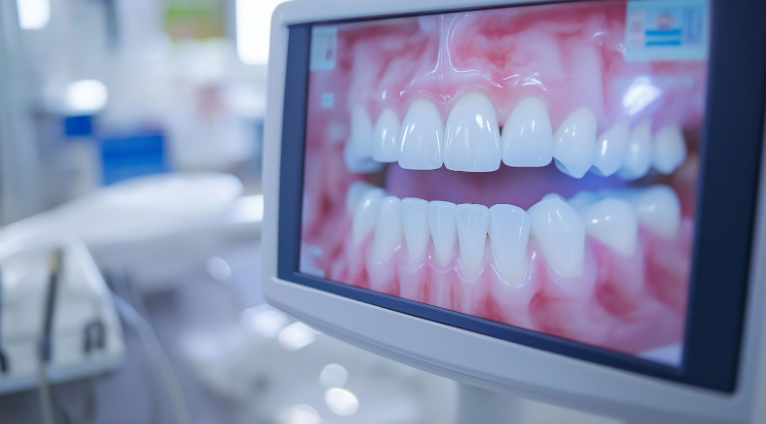January 7, 2025
Snoring and sleep apnea can be disruptive not only to one’s own rest but also to anyone in close proximity. Fortunately, dental sleep medicine provides a range of innovative solutions aimed at managing these issues and helping individuals achieve a better night’s sleep. Oral appliance therapy, in particular, offers an effective, non-surgical approach to treating both snoring and obstructive sleep apnea. By focusing on personalized care and leveraging advancements in oral device technology, patients can find relief and improve their overall well-being. Understanding the Impact of Snoring and Sleep Apnea Snoring is often dismissed as a simple annoyance or a sign of poor sleeping posture. However, chronic and loud snoring can be an indicator of underlying sleep-disordered breathing issues. According to the American Academy of Sleep Medicine , about 26% of adults between the ages of 30 to 70 have at least mild obstructive sleep apnea. That condition causes repeated breathing interruptions during sleep, lowering oxygen levels in the body and often resulting in daytime fatigue and other potential health risks. When the body struggles to maintain consistent airflow during sleep, it impacts multiple aspects of daily life. Lack of quality rest has been linked to higher risks of cardiovascular conditions, weight gain, and mood disorders. Centers for Disease Control and Prevention (CDC) research also indicates that insufficient sleep can lead to diminished concentration, impaired cognitive function, and other health complications over time. These findings underscore the importance of early intervention with solutions that target the root causes of both snoring and sleep apnea. Why Oral Appliances Work Oral appliance therapy has emerged as one of the most effective methods for mitigating snoring and mild to moderate obstructive sleep apnea. These devices, custom-fitted for each patient, are often worn at night to support the jaw and keep the airway open. By preventing the soft tissues in the throat from collapsing and obstructing airflow, the device can reduce or eliminate snoring. Different styles of oral appliances are available, but they generally serve one primary function: repositioning the jaw or tongue to maintain a clear airway. National Library of Medicine sources show that oral appliances, when properly fitted, can significantly reduce apnea episodes and improve sleep quality. In many instances, individuals notice an immediate decrease in snoring intensity. Over time, this can lead to better-rested mornings and increased daytime energy levels, reinforcing the importance of a customized and well-monitored appliance program. Personalized Treatment for Better Results One of the key advantages of working with a dental practice experienced in sleep medicine is the emphasis on individualized care. Not all snoring and sleep apnea sufferers have the same anatomy, lifestyle, or medical history. As a result, a standardized, one-size-fits-all device may not effectively address every patient’s needs. Custom-fitted oral appliances reflect detailed measurements of a patient’s bite, jaw alignment, and airway structure. During a thorough consultation, the dental team will examine factors such as: • Jaw position and shape. • Tongue size and positioning. • Dental health and any previous restorative work. • Presence of other underlying conditions that may exacerbate snoring or apnea. After gathering this information, an appliance can be precisely adjusted to maintain proper jaw alignment while minimizing discomfort. Ongoing check-ins, adjustments, and occasional device refinements help ensure continuous effectiveness throughout the treatment process. Improving Overall Sleep Quality Beyond affecting nighttime rest, snoring and sleep apnea can impact various aspects of daily life. When breathing interruptions disrupt sleep cycles, the body misses out on restorative deep sleep that contributes to healthy brain function and stable mood regulation. Chronic sleep deprivation from unmanaged sleep apnea has been linked to heightened stress levels, reduced work efficiency, and even elevated safety risks in professions requiring alertness and quick decision-making. By exerting gentle pressure to keep air pathways open, oral appliances typically offer a more comfortable alternative to surgical procedures or other methods requiring extensive lifestyle changes. In many cases, individuals see improvements in both the duration and quality of their sleep fairly quickly. The increased oxygenation and reduced strain on the respiratory system can have far-reaching positive effects on energy levels and overall wellness. Enhance Your Quality of Life Better sleep translates into more than just feeling rested in the morning. Effective snoring and sleep apnea treatments often result in: Improved concentration and memory. Reduced risk of chronic medical issues tied to poor sleep. Increased emotional stability and lower stress levels. Enhanced relationships due to quieter nights and more harmonious household sleeping arrangements. For those looking to stay proactive about their health, adopting a dental sleep medicine solution can substantially contribute to long-term wellness. It also represents a supportive, non-invasive option that fits seamlessly into daily routines, thereby reducing barriers to consistent use. Looking Ahead: Explore Your Options Today If snoring or sleep apnea is interfering with your everyday life, consider exploring how oral appliances can help. Each patient’s journey is unique, so finding a provider who understands your specific needs can significantly improve your likelihood of success. Visit the Stephens Dentistry website to learn more about how our dedicated team incorporates the latest in dental sleep medicine. Whether you have questions about device customization, follow-up care, or the potential benefits of oral appliance therapy, we’re committed to guiding you through every step. Ready to take the first step toward better sleep? Feel free to reach out to us through our Contact Page to schedule a consultation. Achieving restful nights and revitalized mornings is well within reach—let’s work together to make it happen.







